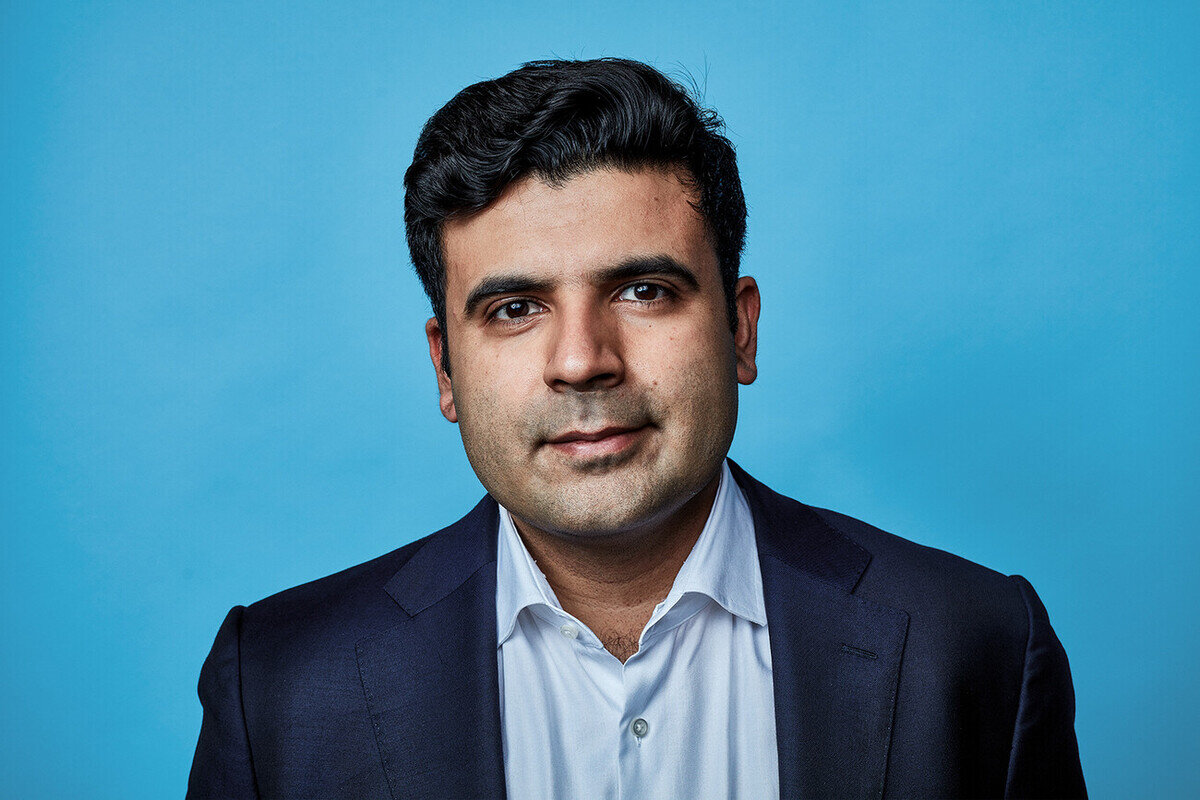Mansoor Hamayun, CEO and Co-Founder, Bboxx
So, here’s a question – what is poverty? How would you define poverty? And why do we need to do so?
The last question is the easiest to answer – if we ever hope to address the first UN Sustainable Development Goal – SDG 1, “No Poverty”, ending poverty in all its forms, everywhere – we need to know what it is that we’re up against.
In developed nations in Europe and North America, the common perception is that poverty is simply inversely correlated with cash. Even the World Bank defines the International Poverty line using“dollars per day”. But the reality is so much more complex – quality of life cannot be so easily quantified.
Even in the developed world, one’s ability to achieve a decent standard of living varies greatly based on where one lives – a €30,000 salary in densely populated Stockholm will likely be spent on overheads in a cramped flat share, with little spare for luxuries. The same salary in Sofia couldcomfortably afford a spacious 3-bedroom house with a large garden with disposable income left over.
So, even within a country, money is a poor metric for approximating poverty. But this is still only half the story – even in the most rural parts of the Europe, you can usually expect clean running water, a connection to the electricity grid, a gas supply for cooking, affordable transportation, and access to the internet.
This is not the case in Africa, where too often access to these essential products and services are conspicuously absent. Access to basic utilities is vital both for quality of life and the ability to be productive – in Africa, the question is not how large a property you can afford with your income, or whether you can afford luxuries like vacations or dining out, the question is whether you can light your home after dark, access educational content on the internet, travel to the nearest town to trade, oraccess online banking to finance your business.
Who is poorer? The person in Rwanda earning just $1 a day whose home has access to electricity, gas, clean water, and the internet? Or the person in the neighbouring village earning $5 a day whose home lacks those basic utilities? I guarantee that the person who can access those essentials, affordably, has a better quality of life and a greater potential to increase their earnings as a result of the basic infrastructure which supports them.
At Bboxx, we are increasingly seeing that the opposite of poverty is not dollars per day; the opposite of poverty is having access to essential products and services. Neither of the Rwandans in this example would be considered rich, especially not by the standards of the developed world, but the person with affordable access to basic utilities can no longer be considered poor, either.
This is what the Nordic social democracies understand: by giving every member of your society access to fundamental services – education, childcare, public transport – you enable individual economic empowerment, leading in turn to national economic empowerment.
For Bboxx, in Rwanda, we have already reached 15% of the population – thanks to our products and services, each customer may be able to make an additional $5 per week, which, in GDP terms, may not seem like much – but that is again falling into the trap of short-term thinking, equating poverty with a lack of money. In terms of long-term GDP growth, the value gained from economic enablement is huge, and increasing energy access to an additional 15% of Rwanda’s population would have enormously beneficial consequences for the development of the entire country. This is what Bboxx means when we say we are unlocking potential.
It might be true that in a single city like Stockholm or London, the difference between rich and poor can be quantified by money, as, in these places, money is the only differentiator between having something and not having it. But it’s certainly not true in Africa, where those products and services are not accessible to begin with – and viewing issues as complex as this through a myopic developed-world lens only makes it harder to focus on the solutions that work.
– ENDS –
